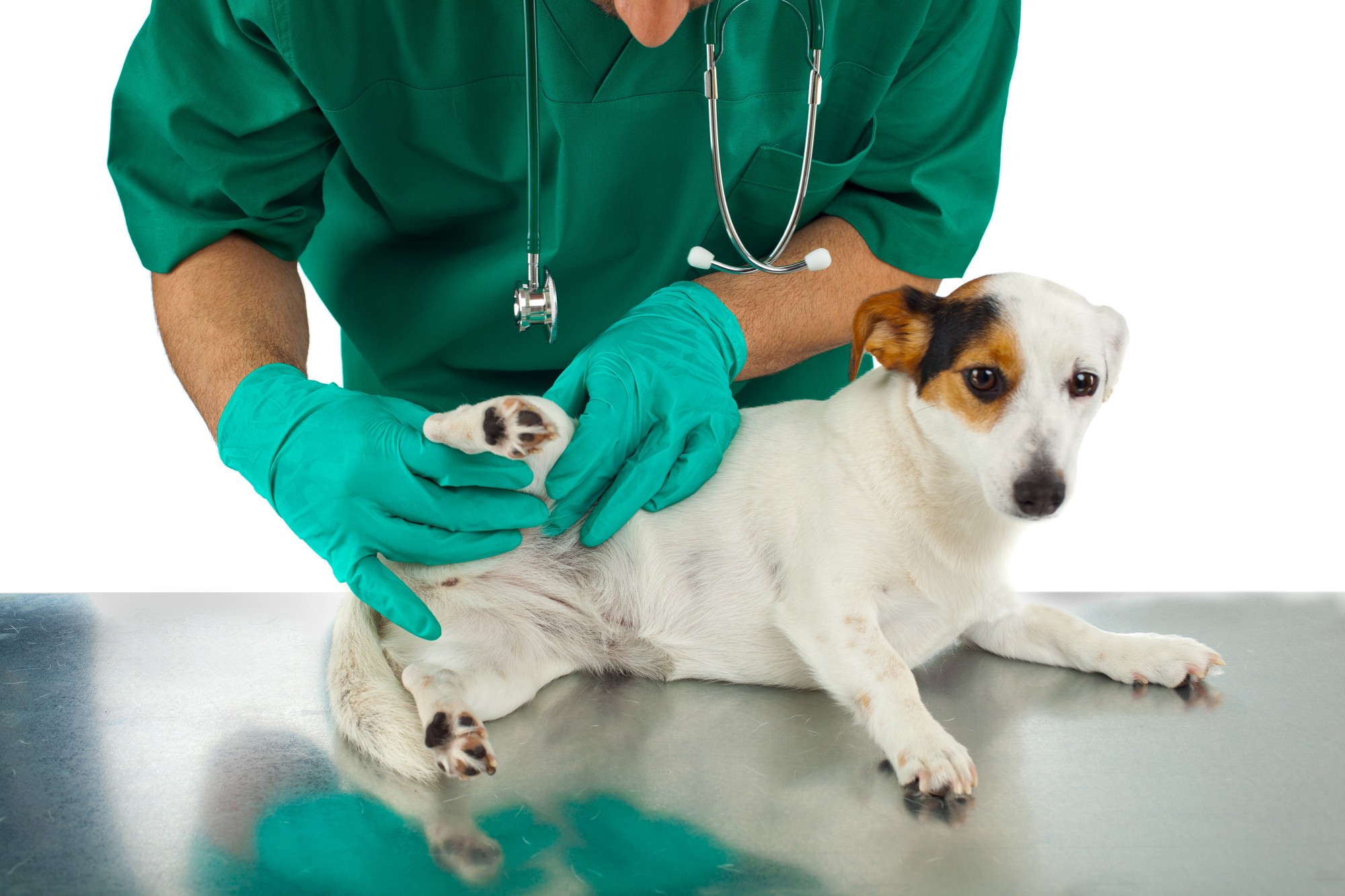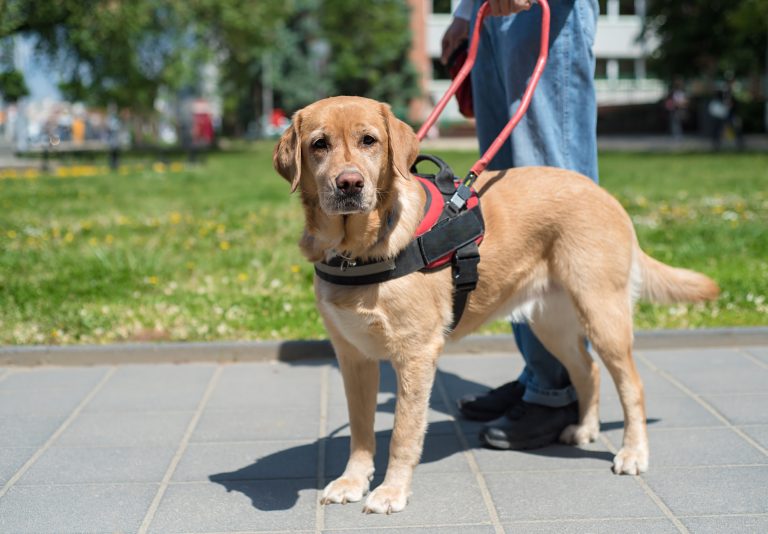Pet Allergies: 6 Signs Your Dog May Have Allergies
Did you know that 90% of all U.S. residences test positive for animal allergens, regardless of pet presence?
If you’ve begun to notice unusual traits in your dog’s behavior or physical health, there’s a possibility that your dog may be suffering from allergies.
Dogs can develop an allergy to almost anything, including food, environmental factors, pollen, and even medication. Since pet allergies can make your furry friend uncomfortable, it’s important to catch the signs of allergies early.
Keep reading for some signs to keep an eye out for!
1. Incessant Itching or Scratching
Incessant itching or scratching in your dog is usually a sign that your canine companion is suffering from an allergy. Allergies in dogs are a common occurrence and can have many causes.
Dogs can have allergies to food and environmental allergens such as pollen. This also includes contact allergens like shampoos and cleaning products.
If your dog is continuously scratching, you should consider speaking to your vet about it. A vet can help to identify the cause of your dog’s allergies and provide treatment. They may also be able to recommend ways of preventing further allergic reactions.
2. Hair Loss
Hair loss in dogs is a telltale sign that something is not quite right and can be indicative of allergies. Allergic reactions in dogs often cause skin inflammation, making the hair fall out in patches.
Treatment may include allergy shots, anti-itch creams, shampoos, and dietary supplements to improve your dog’s coat. Strategically arranged diets to keep away a certain set of irritants can also help. Depending on the severity and cause of your dog’s allergies, a vet may recommend additional treatments.
3. Watery Eyes
If your pup experiences frequent bouts of watery eyes, it is important to take them to the vet to determine the cause. In most cases, the irritant will cause swelling of the tissue around the eyes, which in turn causes discharge and redness.
This allergy can be hard to diagnose, so the vet may suggest skin tests or blood tests. Additionally, your vet may also want to do a complete physical exam with your dog. This is to make sure there aren’t any other underlying health problems.
Proper care and treatment from a vet can help get your dog’s allergies under control. If your vet has prescribed any medication for your dog, be sure to follow the instructions and dosage carefully.
4. Recurring Bouts of Diarrhea or Vomiting
Recurring bouts of diarrhea or vomiting could be a sign that your dog has allergies. This happens when the dog’s immune system is exposed to something that it interprets as a threat, prompting it to create an allergic reaction.
Dogs can experience an allergic reaction to certain allergens such as molds, foods, and insect bites. This can cause an inflammation of the digestive tract which will trigger vomiting and/or diarrhea.
If your dog exhibits any of these behaviors, it is important to take them to the veterinarian to get a proper diagnosis. These allergies can be managed through dietary changes, such as changing their diet to a hypoallergenic one. It’s best to keep your dog on a strict diet to limit its access to any potential allergen.
By tackling the problem with a tailored approach, you can provide your dog with the best possible care and reduce the frequency of their reactions. Your canine buddy can be relieved of these discomforting allergy symptoms and live a healthier and happier life.
5. Chronic Ear Infections
Ear infections develop from an allergic reaction because the dog’s body releases histamines. Because of this, the area around the ear becomes inflamed, and the environment becomes hospitable to infection.
Signs of an allergy-induced ear infection include excessive scratching of the ears. This also includes bad odor coming from the ears and redness or swelling in the ear area.
Owners should keep an eye on their pets for any signs of allergies and bring them to the veterinarian for diagnostic tests. While fleas are the most common cause of chronic ear infections, allergies are also a potential culprit. In some cases, chronic ear infections can be a sign of a food allergy, and switching diets may help to alleviate symptoms.
Proper diagnosis of allergies is key to treating the cause and avoiding serious health complications. With the right care, your pet will be back to its energetic and happy self in no time.
6. Constant Licking and Chewing
Allergy reactions cause skin irritation which leads to itchiness. Dogs then resort to licking and chewing the affected area in an attempt to alleviate the discomfort. This behavior is often accompanied by other signs such as pawing at the face or body, scratching, and red, irritated skin.
It is important to contact your veterinarian to identify the cause of your dog’s allergies. Your vet may recommend an elimination diet or prescribe medications to alleviate any allergic reaction your pet is having.
Treatment options also include special diets, supplements, and topical treatments. If the cause of the allergy is environmental, a few adjustments to your home may also be necessary to prevent future reactions.
It is important to remember that managing your pet’s allergies can take some trial and error. Be patient and consistent during the treatment process, and keep an open line of communication with your veterinarian.
Knowing the Signs of Pet Allergies
If you notice any of the above signs in your dog, contact your vet for advice and treatment. Pet allergies can often lead to many uncomfortable situations for your pup, so it is important to diagnose and develop a treatment plan early.
Without proper treatment, symptoms can worsen and create other issues. Put your pet’s health first and give them the support they need. Contact your vet now to discuss any concerns you may have about your dog’s allergies. Together, you can work to find the best solution to ensure your pet is comfortable and healthy.
If you enjoyed this article and are looking for more health-related content, then check out the rest of our site.






